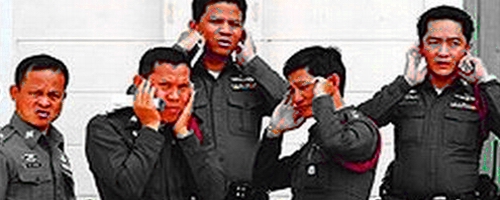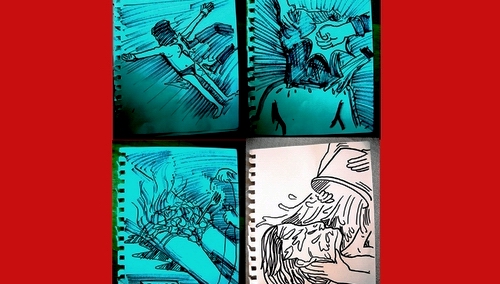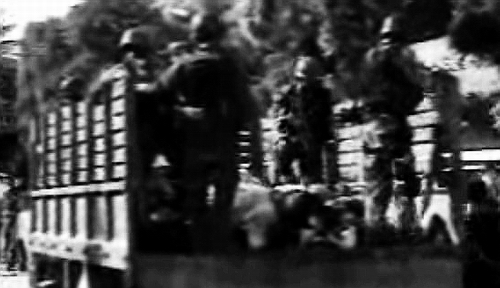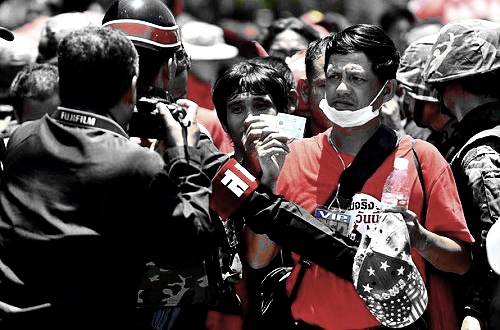
Despite concerns from human rights defenders at home and abroad, Thailand’s upper house on May 1 approved the seven nominees for the country’s National Human Rights Commission. The seven consist of a top cop, a judicial administrator, a civil servant, an industrialist, an academic, a former senator and a road safety advocate.
Only the ex-senator and academic have experience and knowledge to warrant their appointments, although critics observe that both also are tainted by their links with an army-installed government after the 2006 coup. The civil servant is a social worker who has some idea about children’s and women’s rights. The other four have no clue.
The policeman says that due process in some cases should be balanced with crime control, like in the country’s restive south. As a representative of Thailand’s preeminent agency for human rights abuse, he is now situated to block inquiries into security forces that abduct, torture and kill people on this pretext, be they near the Malaysian border or anywhere else.
The court administrator counts his human rights experience as having been involved in the drafting of a number of constitutions, including a couple written for the benefit of military dictators. He also reckons that he contributed to verdicts favorable to rights, although this is an odd and unsupportable claim from someone whose role is not supposed to include telling judges how to decide cases.
The road safety guy seems unaware that the body to which he has been appointed is a human rights commission, not a rights and duties commission, as he has so far been unable to talk about one without remarking on the other.
The businessman describes human rights as a tool for international groups to interfere in other countries’ internal affairs, such as the U.S. Central Intelligence Agency backing the spiritual group Falun Gong to cause trouble for China. He also says that other countries are violating the rights of Burma’s military regime by imposing sanctions. And that’s not even the start of it.
A more ugly lot of rights commissioners would be hard to find. But now they’re in, can anything be done to get them out again? Or is Thailand saddled with an anti-human rights commission for the next six years? Continue reading →












